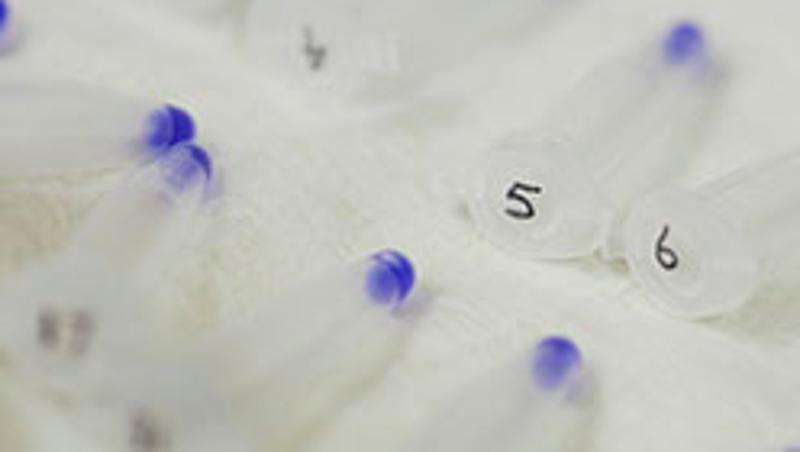
Research on a new non-invasive method of screening for the ‘silent killer’, heart failure, by testing saliva instead of blood being developed at QUT, has received a $75,000 Heart Foundation Vanguard Grant.
Associate Professor Chamindie Punyadeera from QUT’s Institute of Health and Biomedical Innovation (IHBI) said the aim of the research project was to produce a test that was quicker and easier to administer.
“The beauty of saliva is that you don’t need trained medical staff to collect a sample. You can monitor your heart health in your own home, using non-invasive technology,” Professor Punyadeera said.
“I am investigating ways to test saliva samples for the presence of a protein called Galectin-3, a biomarker specific for heart failure and whether it can be used to predict complications or the need for hospitalisation.
“If the test finds elevated levels of Galectin-3 it could indicate the person needs medical attention.
“Using an e-health system, people with heart failure could be able to email the data from their saliva test to their GP who could advise them on medication levels, saving a trip to a heart specialist.”
Professor Punyadeera said heart failure was the inability of the heart to pump blood around the body.
“It has multiple causes including obesity, type 2 diabetes, high blood pressure, history of heart attacks and a family history of heart failure,” she said.
“Around the world 26 million people are diagnosed with heart failure each year and with an increasing and ageing population we can expect this annual rate to climb.
“In Australia, heart failure costs the healthcare system $685 million a year or 9 per cent of the country’s health budget.
“It’s a condition that lowers quality of life drastically. People with heart failure can’t walk far, they have swollen legs from a build-up of fluid that are prone to ulcers, they experience fatigue from not having enough oxygen carried through the body, and heart failure can lead to kidney damage.
“It’s a silent killer because it is asymptomatic in its early stages and people ignore it but heart failure can become life-threatening, if not treated.
“At the moment, identifying patients who need hospitalisation is not adequate. We hope this test will be able to provide an accurate, quick and easy way for patients to know when they need hospital treatment.”
Professor Punyadeera will conduct a trial of testing saliva for heart failure in conjunction with the Royal Women’s Brisbane Hospital, the Mater and Prince Charles hospitals.
Heart Foundation Queensland fundraising director Bruce Macdonald said the foundation had invested more than $520 million in cardiovascular research since 1962.
“Each year we fund the best and brightest researchers through an independent peer review process in the hope of reducing the number of deaths from heart disease and improving the heart health of all Australians,” Mr Macdonald said.
QUT is part of a national collaborative group of five major Australian universities that form the ATN (Australian Technology Network of Universities).
Media contact:
Niki Widdowson, QUT Media, 07 3138 2999, n.widdowson@qut.edu.au
After hours: Rose Trapnell, 0407 585 901, media@qut.edu.au




